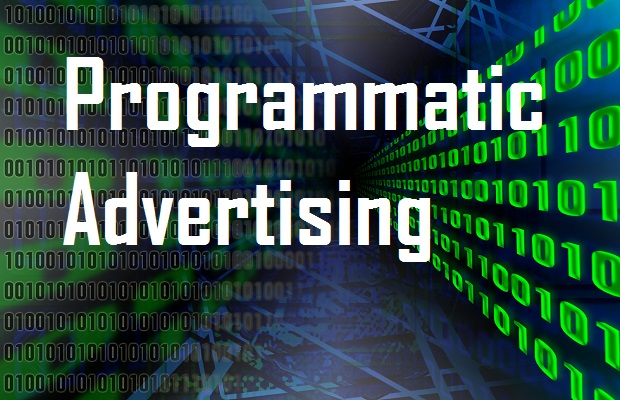The total programmatic display advertising market in Europe jumped 70.3% from €3.4bn in 2014 to €5.7bn in 2015, according to new figures.
The study, revealed by IAB Europe at this week’s DMexco event, indicates that mobile display is traded programmatically more than any other format.
The report reveals that mobile programmatic grew by an exponential 165% in Europe largely driven by the growth in social media advertising and mobile display is the “most” programmatic format in 2015 with 45% of mobile display traded programmatically. Programmatic video grew by 95% in 2015 and now accounts for almost a quarter of online video ad spend.
The European Programmatic Market Sizing research is produced by IAB Europe and IHS, taking a holistic approach to aggregating the data to ensure all stakeholder perspectives were included. The numbers are based on ad spend reported by IABs, transactional data, statistical and econometric models to infer a European market size and knowledge from industry experts. This programmatic research complements the IAB Europe AdEx Benchmark report, the definitive guide to the state of the European online advertising market. This year the research also provides a market by market breakdown for 8 key European markets, these breakdown numbers will be published after dmexco.
David Goddard, Global Head of Programmatic Trading at the BBC said: “It is fantastic to see yet another year of significant growth in Europe’s programmatic revenue. Programmatic direct has been a major contributor to the growth, indicating that brands increasingly consider the editorial environment for their ads is just as important as reaching the individual.”
Gerhard Louw, Senior Manager, International Media Management & Digital Transformation at Deutsche Telekom said: “Programmatic media buying is growing rapidly in Europe and cannot be ignored any longer by Advertisers. My best advice is to start small and continue to test. Programmatic is, in the first place all about automation and exploring and using the potential of data, the “new gold” in marketing. The WFA guide to Programmatic Media, published in 2014, is still 100% relevant and defines what every Advertiser should know about media markets.”
Jana Eisenstein, EMEA MD at Videology said: “While year-on-year growth of 36% in online video revenues is an encouraging marker for the increased confidence that advertisers now place in online video as a legitimate marketing channel, the more meaningful development is the doubling of video revenue executed programmatically for the same time period. There is some considerable headroom for programmatic video growth, till it achieves parity with display and mobile, but with programmatic approaching the 50% of revenue threshold in both these formats, we are entering the era of normalised programmatic for all digital media, irrespective of device or media’ and we will continue to see very strong growth in topline digital video revenue and a continued acceleration of programmatic video revenue through 2016 and beyond.”
Oliver Gertz, Managing Director Interaction EMEA and Programmatic Lead Global Clients, MediaCom said: “The growth of programmmatic across Europe shows that adoption goes beyond direct response marketers. Advertisers are increasingly seeing how programmatic gives them more control on inventory quality, viewabiliy and impact.”
Daniel Knapp, Senior Director Advertising Research at IHS said: “The research shows that programmatic is rapidly becoming the new default through which advertising is bought and sold. Over the past years, we have witnessed a complete rearchitecting of the digital advertising ecosystem on the principles of data and algorithmic infrastructures, and these are now being monetised. Programmatic has itself evolved from the auctioning of remnant inventory to attracting brand advertising and making inroads into new trends such as native advertising. Yet despite the optimistic picture painted by the numbers, a discrepancy remains between programmatic promise and practice. The programmatic skills gap among advertisers and publishers alike remains high. Access to data and their analysis creates new winners and losers. And programmatic alone is not a silver bullet to fix all marketing challenges, but requires a more systematic reconciliation of data-driven and creative-lead approaches. The Programmatic world remains exciting.”

